
Lung Cancer Screenings Save Lives
Lung cancer is the deadliest type of cancer in the United States, and often has the lowest screening rates compared to any other type of cancer. Early detection saves lives.
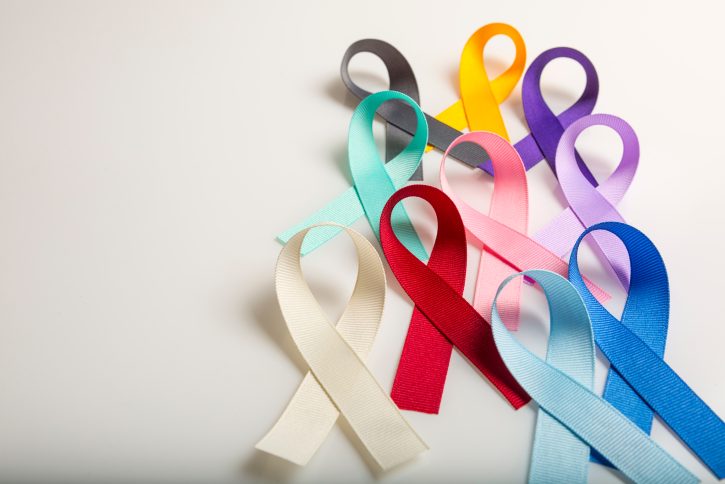
Cancer Survivorship Quick Tips
Cancer survivorship begins the moment you receive a diagnosis forward. Survivorship is a journey marked by resilience, courage and strength, but you don’t have to do it alone.
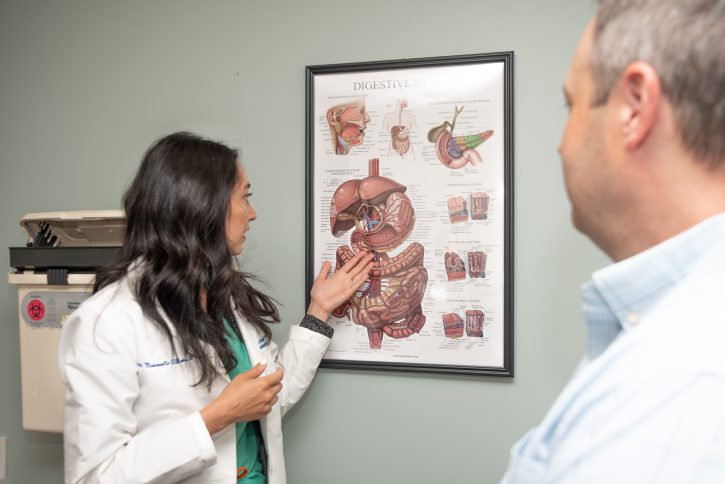
Colonoscopy Preparation: Combatting Colonoscopy Fears
From the dreaded prep work to the fear of a cancer diagnosis, colonoscopies can stir up a lot of anxiety. If you have been putting yours off or are preparing to have one for the first time, keep reading. Colonoscopies aren’t as frightening as you may think – and they can save your life.
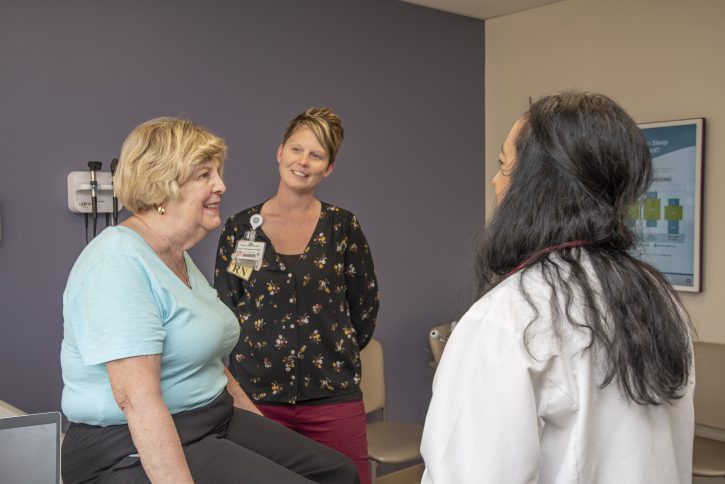
Navigating Cancer Terminology
It can be daunting to receive a cancer diagnosis and keep up with the medical terms you may hear throughout the process. The Cancer Services team at Fairfield Medical Center is here to help you with any questions you may have.

November is Lung Cancer Awareness Month
With lung cancer leading as the most common cause of cancer death in the United States in both men and women, it is important to take the time to learn how you can lower your risk for the disease.

A Fight to the Finish – Catherine’s Breast Cancer Story
When Catherine Brock, 33, discovered a lump in her breast during a self-exam, her care team at FMC moved quickly to diagnose and treat her cancer. Now she’s encouraging other women to be proactive when it comes to their breast health.

March Kicks Off Colorectal Awareness Month
Starting at age 45, both men and women who do not have a family history of colorectal cancer are encouraged to have a colonoscopy, according to recommendations from the American Cancer Society. Known as the second deadliest cancer in the United States, colorectal cancer encompasses any cancer that starts in the colon or rectum. It often begins as benign polyps that cause little to no symptoms. By the time patients begin experiencing symptoms, which can include change in bowel habits, abdominal discomfort and rectal bleeding, the cancer may already be in the advanced stages.

Prostate Cancer Screening
Prostate cancer is the most common cancer among American men, outside of skin cancer. The majority of prostate cancer cases show no symptoms when the disease is in its early stages, which is why prostate screening can be an important part of preventative care.
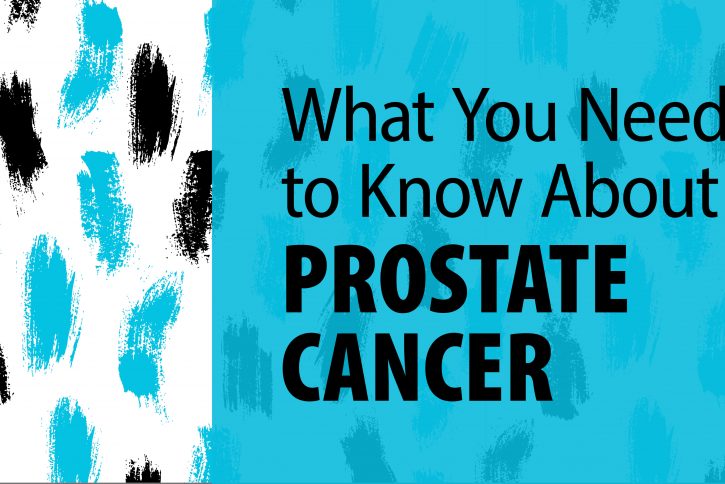
What You Need to Know About Prostate Cancer
Prostate cancer is very common – affecting one in eight men. Learn more about risk factors and symptoms of this disease.
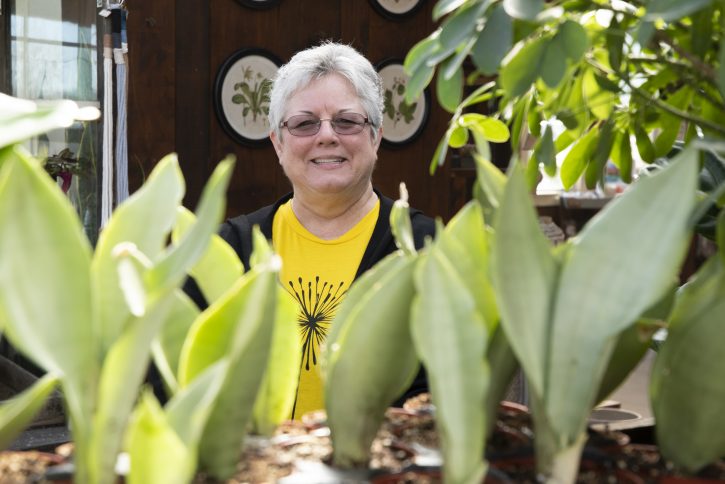
Hope in Full Bloom – Patty’s Lung Cancer Journey
Patty Swinehart opted to undergo a lung cancer screening, a decision that proved to be lifesaving when the test uncovered two spots on her lung.

How to Spot Skin Cancer
Skin cancer is the most common type of cancer for both women and men. One important way to lower your risk of skin cancer is to perform regular skin checks and look out for new or changed moles or growths.

Protect Your Skin This Summer
With 1 in 5 Americans developing skin cancer in their lifetime, skin cancer is the most common type of cancer. There are easy ways for you to lower your risk of skin cancer this summer.
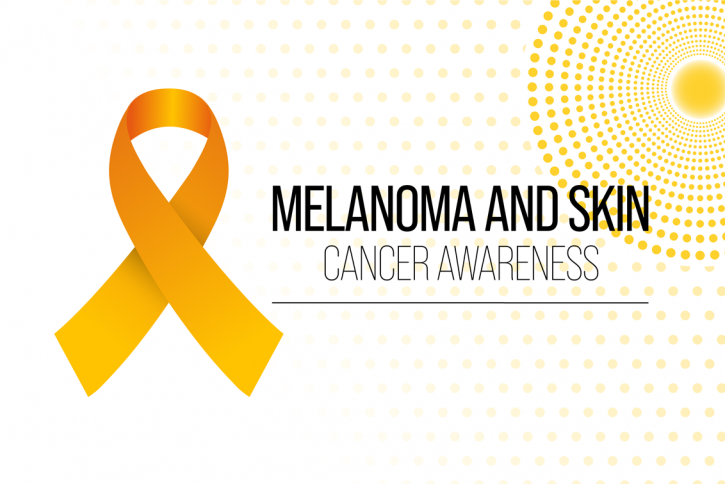
Skin Cancer Awareness
May is Skin Cancer Awareness Month, and a great time to familiarize yourself with information about skin cancer. Check out the articles below to learn more about how to protect your skin, signs of skin cancer and more.

Types of Skin Cancer
Many people know that skin cancer is the most common type of cancer. But did you know that there are different types of skin cancer? It’s important to understand the differences because skin cancer type affects treatment options, progression and more.

Protect Your Skin by Blocking the Sun’s Rays
Skin cancer is the most common form of cancer in the United States, with more than one million skin cancers diagnosed every year. Safeguarding yourself from the sun can dramatically lower your chances of getting premature wrinkles, sunspots and, most importantly, cancer.
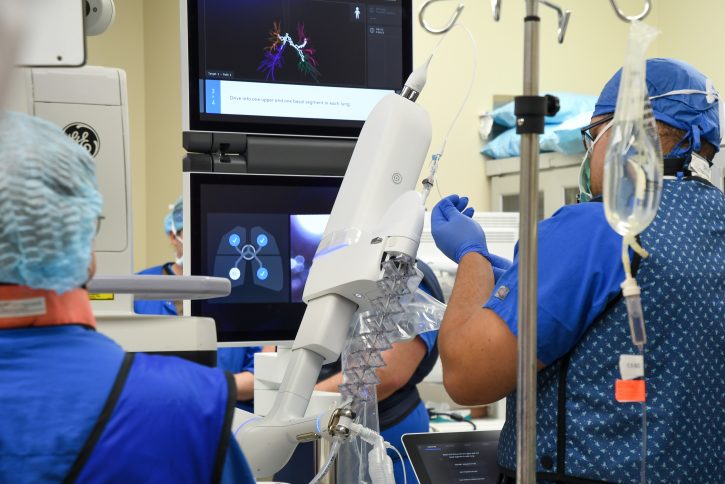
FMC Adopts Robotic Technology for Lung Cancer Biopsy
Fairfield Medical Center is one of just three Ohio hospital systems investing in Intuitive’s ION robotic technology, designed to beat lung cancer in the earliest stages of disease. The ability to biopsy suspicious nodules, regardless of size or location within the lung, will lead to faster treatment and better outcomes for those facing the life-changing diagnosis.

Breast Cancer Awareness
October is Breast Cancer Awareness Month, and a great time to reprioritize your breast health. Check out these articles to learn more about breast screening, breast cancer and stories from survivors.
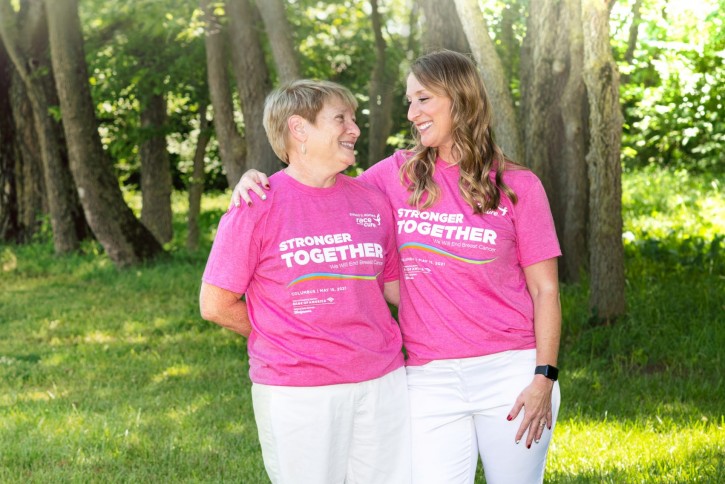
Peace of Mind – Tracy’s Breast Cancer Journey
After almost putting off a routine mammogram that would end up revealing a breast cancer diagnosis, Tracy Gerardi has a message for other women: Do not delay your annual screening.
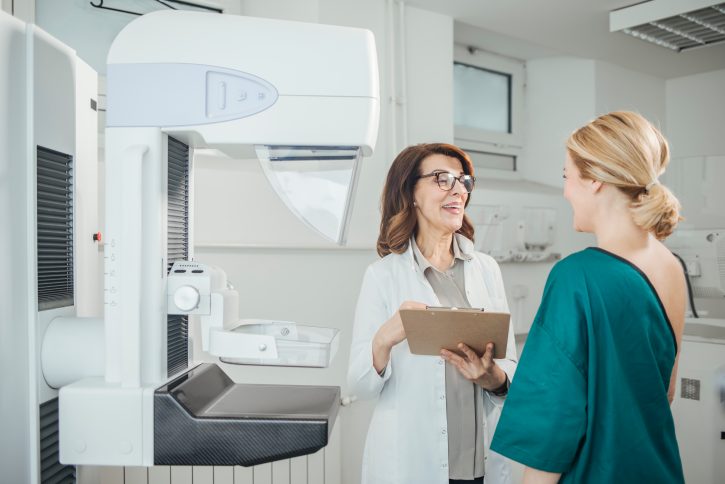
What to Expect at Your Mammogram
Mammograms are the best tool for catching breast cancer in its early stages when it is most treatable. Finding breast cancer early can lead to more successful treatments and better outcomes.

Healthy Habits: Looking After Your Lungs
While it’s probably not something we think about often, our lungs are a vital part of keeping your body alive – working overtime to take about 20,000 breaths a day! While your body has natural defense systems in place designed to protect your lungs, it is still important to take steps to keep your lungs healthy.

Healthy Habits: Breast Health
As a woman, you know that taking care of yourself is important, but often your health gets lost in the business of every day life. We are here to remind you that regular breast exams are the best way to prevent and detect future problems – like breast cancer.

Healthy Habits: Breast Screening Matters
Many women with breast cancer have no symptoms, which is why regular breast screening is so important. The best way to catch breast cancer in the early stages – when it’s most treatable – is through routine mammograms. Early detection of breast cancer can lead to more effective treatment and better outcomes.
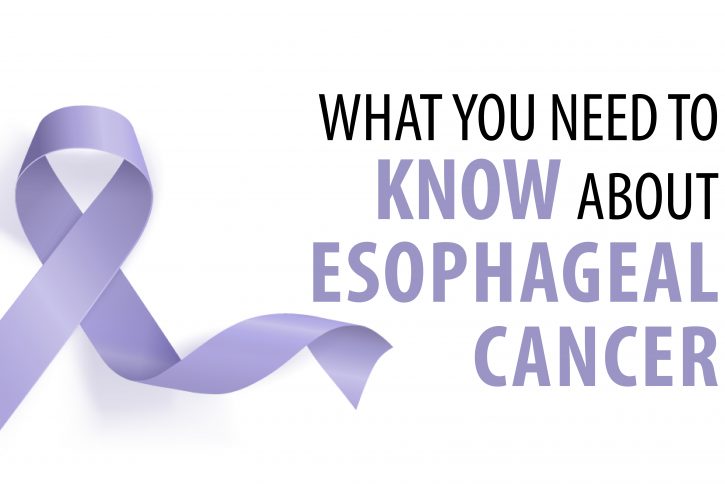
What You Need to Know About Esophageal Cancer
As with many cancer types, esophageal cancer has a greater chance of being treated if the disease is caught early. The key to surviving esophageal cancer is early detection.
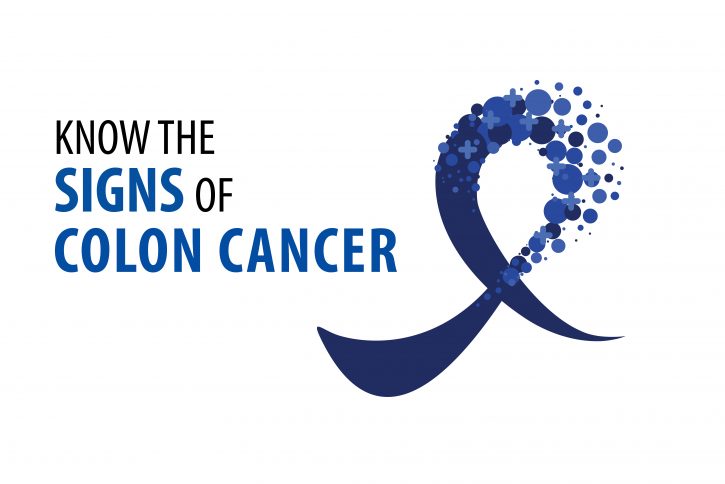
Know the Signs of Colon Cancer
Colorectal cancer is the fourth most common type of cancer diagnosed in the United States – but the good news is that’s it’s also one of the most preventable. The best way to catch colorectal cancer in the early stages – when it’s most treatable – is through routine colonoscopies.
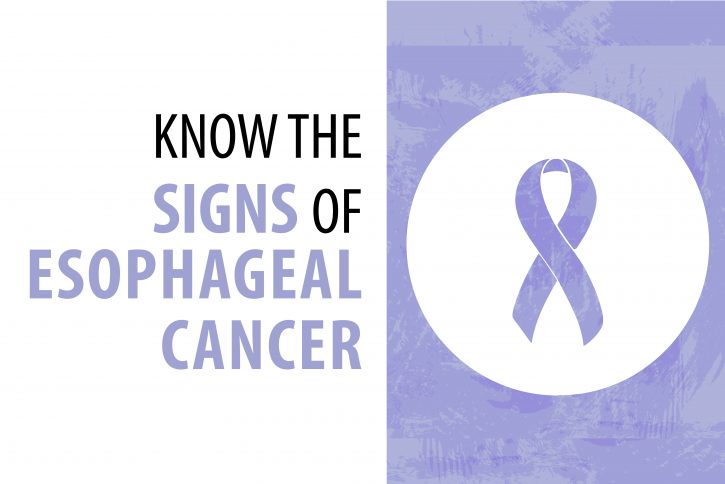
Know the Signs of Esophageal Cancer
Most esophageal cancer is not found until it begins to cause symptoms, which can lead to more difficulty with treatment due the advanced stage of the cancer. Getting to know the warning signs of esophageal cancer is an important part of early detection.
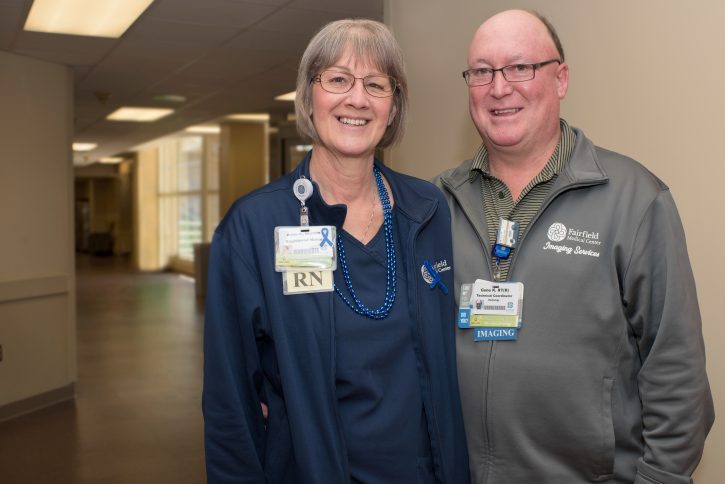
Experience the Teamwork – Deb’s Colon Cancer Story
When FMC nurse Deb Klinger made an appointment for her first colonoscopy, she wasn’t prepared for was the life-changing news of a colon cancer diagnosis.
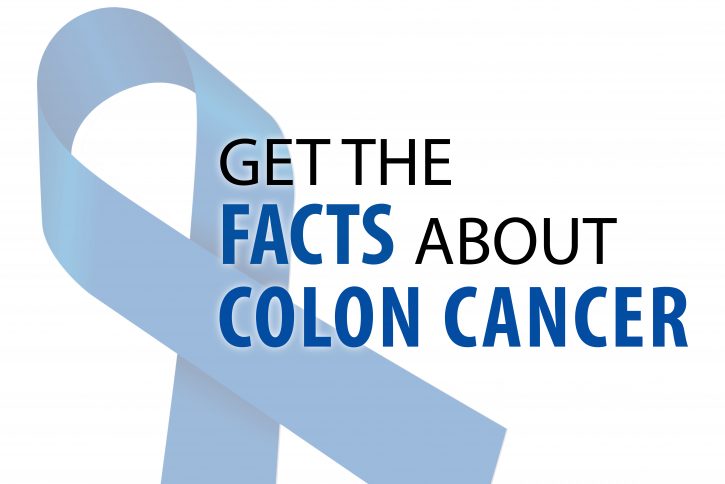
Get the Facts About Colorectal Cancer
The best way to catch colorectal cancer in the early stages – when it’s most treatable – is through routine colonoscopies, which monitors for the polyps that may eventually change into cancer.

Healthy Habits: Screenings at Every Age
No matter your age, routine screenings are an important part of monitoring and managing your health.
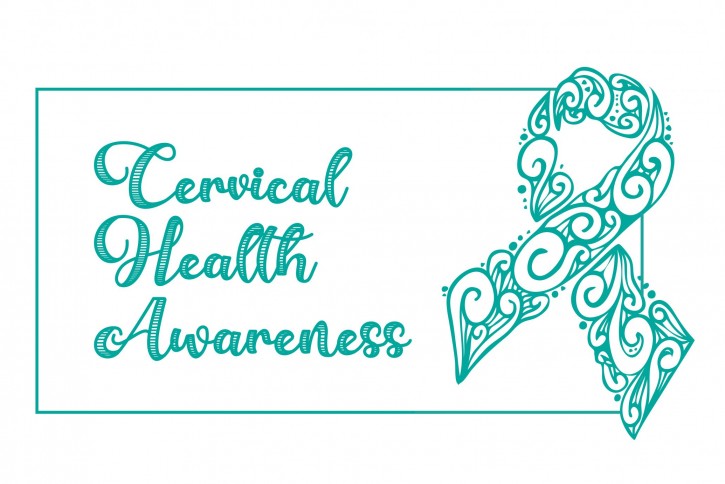
Cervical Health Awareness
While thousands of women are diagnosed with invasive cervical cancer each year, the disease can be prevented through appropriate vaccination and regular screening.

Shine a Light on Lung Cancer 2020
Each November, we look forward to honoring and remembering those impacted by lung cancer. This video offers the opportunity for a virtual celebration of lung cancer survivors, advocates and loved ones.